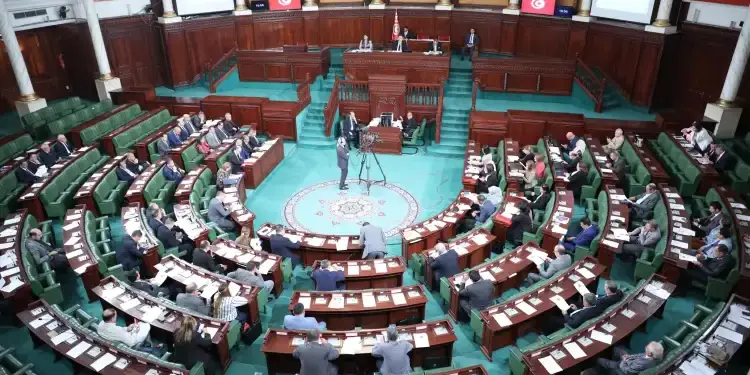The Assembly of People’s Representatives (ARP) is preparing to debate, this Tuesday, May 20, a bill which could profoundly transform labor law into Tunisia. Supported by the Presidency of the Republic, text n ° 16/2025 aims to prohibit the subcontracting of the workforce in certain sectors and to drastically restrict the use of fixed-term contracts (CDD).
Submitted on March 14, this bill was examined in committee by deputies of health and social affairs, in the presence of the Minister of Social Affairs, union representatives, employers (UTICA, CONECT) and legal experts. Adopted in committee on May 16, he is now in plenary session for a decisive vote.
End of subcontracting: a major social turning point
At the heart of this project is the outright ban on subcontracting in the safety and cleaning sectors, historically marked by strong precariousness. Businesses will now have to hire their staff directly in these areas, without going through intermediate companies.
A radical change hailed by the unions, but which arouses the concern of the employers’ circles. In the event of an offense, the text provides for a fine of 10,000 dinars and prison terms ranging from 3 to 6 months in the event of a recurrence. An unprecedented severity in the Tunisian legislative landscape.
Less CDD, more stability
The text also intends to make the indefinite contract (CDI) the standard. The use of the CDD would only be possible in three exceptional cases: seasonal jobs (especially in agriculture and tourism), the temporary replacement of an absent employee, or the peaks of temporary activity.
The trial period would also be framed: limited to six months, with a single possibility of renewal.
Another key measurement: the law provides for partial retroactivity. Any employee dismissed from March 14, 2025, date of submission of the project, could see his contract requalified in permanent contracts, unless proven otherwise. A transitional clause (article 6) which could reopen hundreds of litigious files.
A strong issue
This reform is part of the wake of the declarations of the Kais Saied president, who had promised to end what he describes as “operating system”. For him, subcontracting is “a social injustice” incompatible with the principles of the dignity of work.
But employers’ organizations, including the conect, alert to the economic consequences of this text. They fear an explosion of charges, stiffening of the job market and a loss of competitiveness, especially for small businesses.
The plenary session of tomorrow promises to be tense and decisive. If the text is adopted as it is, it will redefine the basics of the employment contract in Tunisia, putting an end to several decades of criticized flexibility and tolerated subcontracting.








